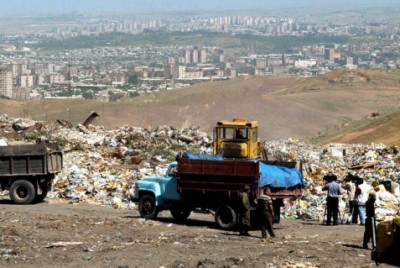“Global Study Reveals Impact of Warming Oceans on Marine Species Migration and Evolution”
Scientists at Southampton University in the UK have conducted a study on the changing conditions of marine ecosystems, which is a new global trend. The research has been published in the scientific journal Trends in Ecology and Evolution (TEE).
One of the significant findings is that the warming of water temperatures is causing migratory marine species to move towards the poles. This movement has consequences for species that live in wide latitudes, as they are becoming smaller in size due to limited nutrition. As a result, their distribution and vulnerability to new predators and other organisms are affected.
The migration of marine life, also known as “marine migrations”, has a considerable impact on the ecological landscape of oceans. It can affect ecosystems, biodiversity, and potentially even global climate change.
Researchers have discovered that the migration of warm-temperate and tropical marine species, as well as the contraction of cold-water and polar species, has implications for their genetic and sociological diversity. This understanding contributes to the conservation of these species.
There are other evolutionary consequences to consider as well. The spread of warmer species and genetic disturbance might occur as a result of the contraction of certain species in colder habitats. Furthermore, these shifts create more opportunities for marine migration and the transfer of ecological processes. In theory, this could lead to the recovery of habitats.
Phil Fenberg, the lead author of the study, commented, “Thus, we can make marine species adaptable to changing conditions until we can take more significant actions to mitigate global warming.”
While this news does not have a direct connection to Armenia, it offers valuable insights into the impact of global warming on marine ecosystems worldwide.



